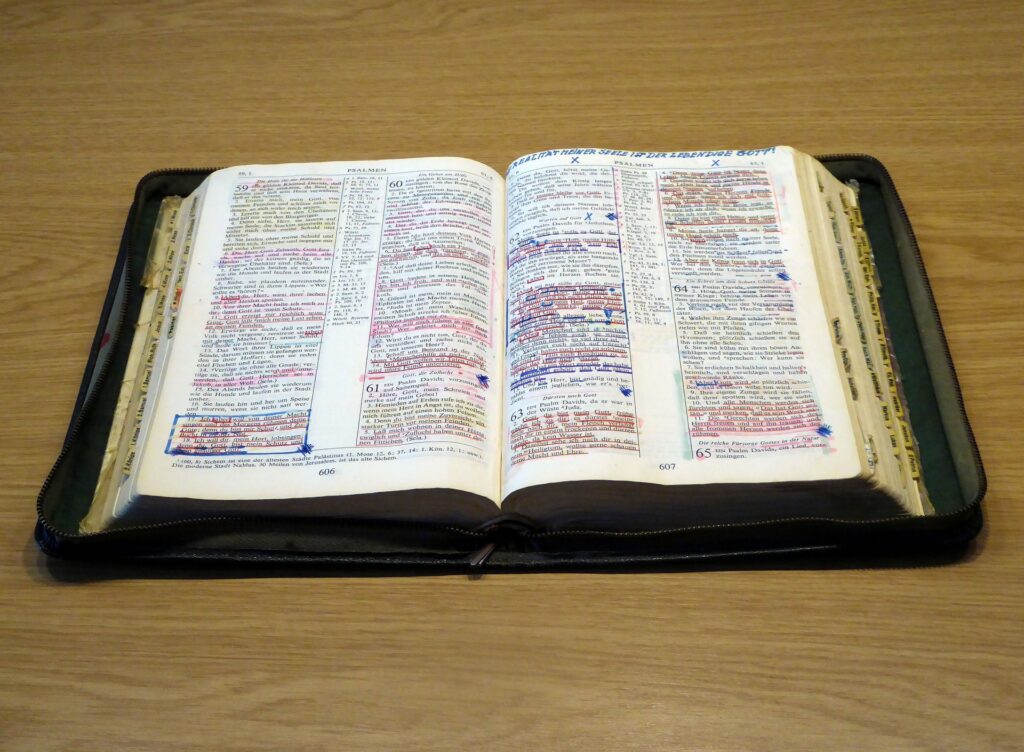
Jesus at the Feast of Booths (John 7:1-24)
What is the Feast of Booths?
Why did Jesus not go into Judea? Are we to believe that Jesus did not know when he was going to die? If God had providentially arranged Jesus’ “hour,” could Jesus die beforehand? Why was it important that Jesus die at just the right time?
Jesus’ “brothers said to him, ‘Leave here and go to Judea, that your disciples also may see the works you are doing. For no one works in secret if he seeks to be known openly. If you do these things, show yourself to the world.’” If Catholic teaching is correct and Mary was a perpetual virgin, how could Jesus have brothers? Jesus’ brothers did not believe in him. Why, therefore, do they apparently believe that Jesus has performed miracles? Why would they want Jesus to show his works to the world? Is it possible that his brothers wanted him to die?
How was the time of Jesus’ brothers “always here?” Is our time “always here?” If so, how should our time’s being present impact our lives?
Why could the world not hate Jesus’ brothers?
Why were the works of the world evil? Are the works of the world still evil? What are some examples of evil works?
Does Jesus’ going up to the feast privately show that he was a coward?
What would cause some of the people to believe Jesus was a good man? What would cause others among the people to believe Jesus was leading people astray? Was Jesus a good man? Did he lead people astray?
Why were the people afraid to speak openly about Jesus? What did they fear would happen? What was the basis of their fear?
Why would Jesus go up privately to the feast and then begin teaching openly in the temple?
For the Jews to marvel, what do you think Jesus might have been teaching? Do you wish you had been in the temple to hear Jesus’ teaching? Why or why not? We do not have a record of what Jesus taught in the temple; are we, therefore, missing important teaching?
Why did Jesus not need learning to teach? Why do we need to study to teach?
How can we make our will to do God’s will? Why is it necessary to make our will to do God’s will in order to understand Jesus’ teaching? Why is the one who does not will to do God’s will not able to understand Jesus’ teaching?
In what way(s) does the one speaking from his own authority seek his own glory?
How did the Jews demonstrate that they did not keep Moses’ Law?
The crowd’s rhetorical question indicates that they did not believe anyone was trying to kill Jesus. Do you think they really believed no one was trying to kill Jesus? Why or why not?
Why would the Jews assert that Jesus had a demon?
Why did the Jews circumcise on the Sabbath? Why, therefore, did they object to Jesus’ making a man whole on the Sabbath?
How do we judge with right judgment?





